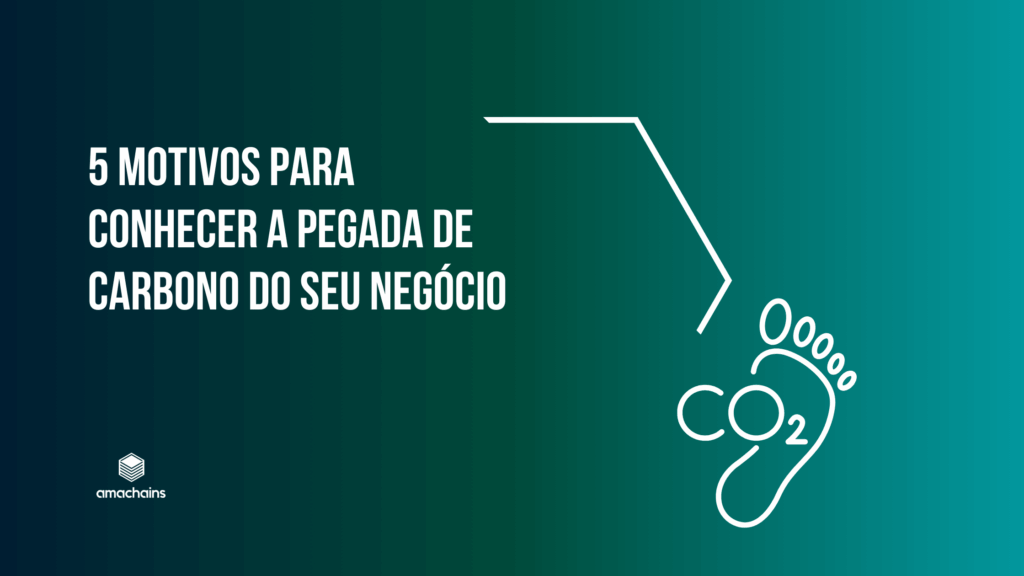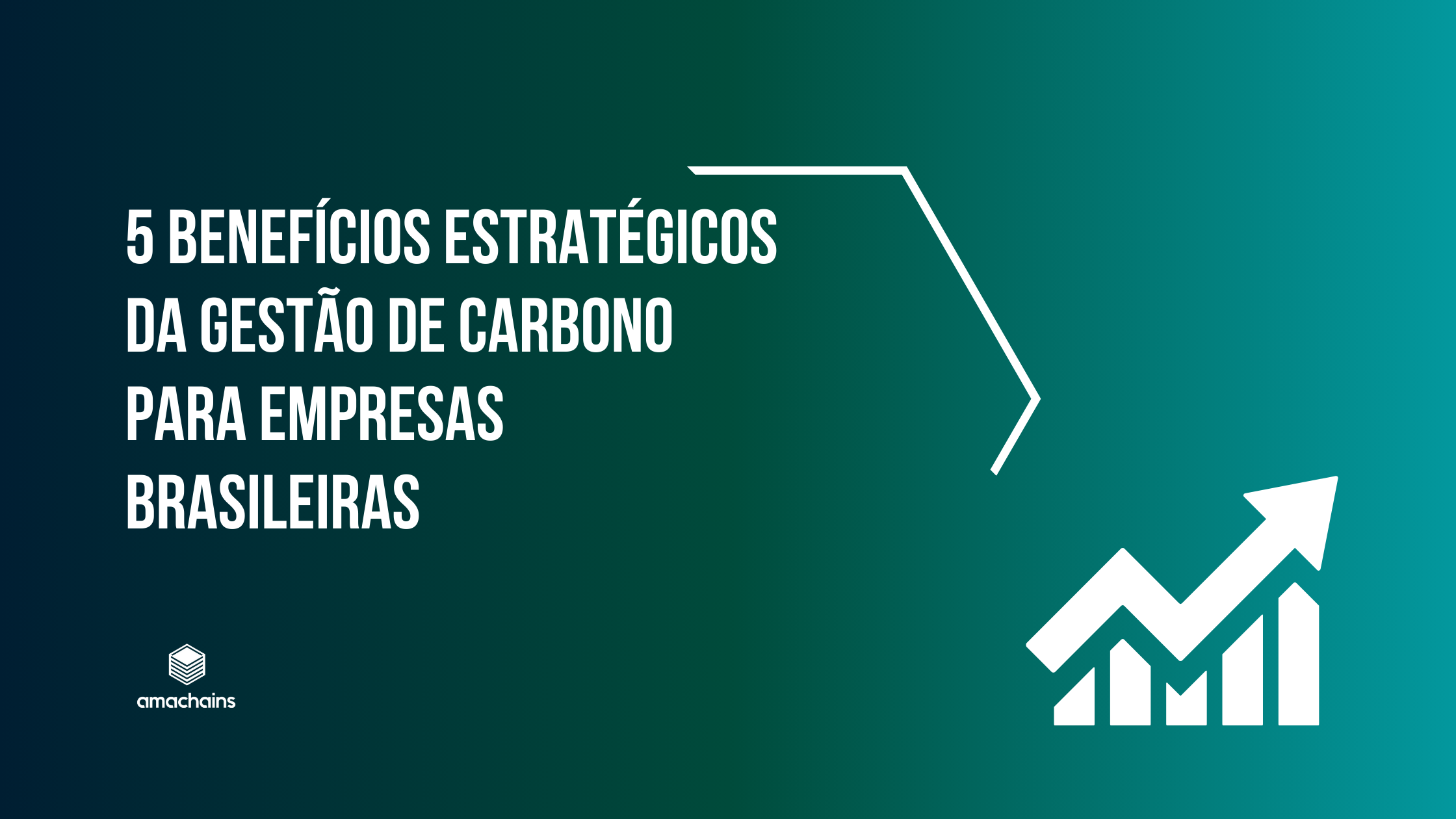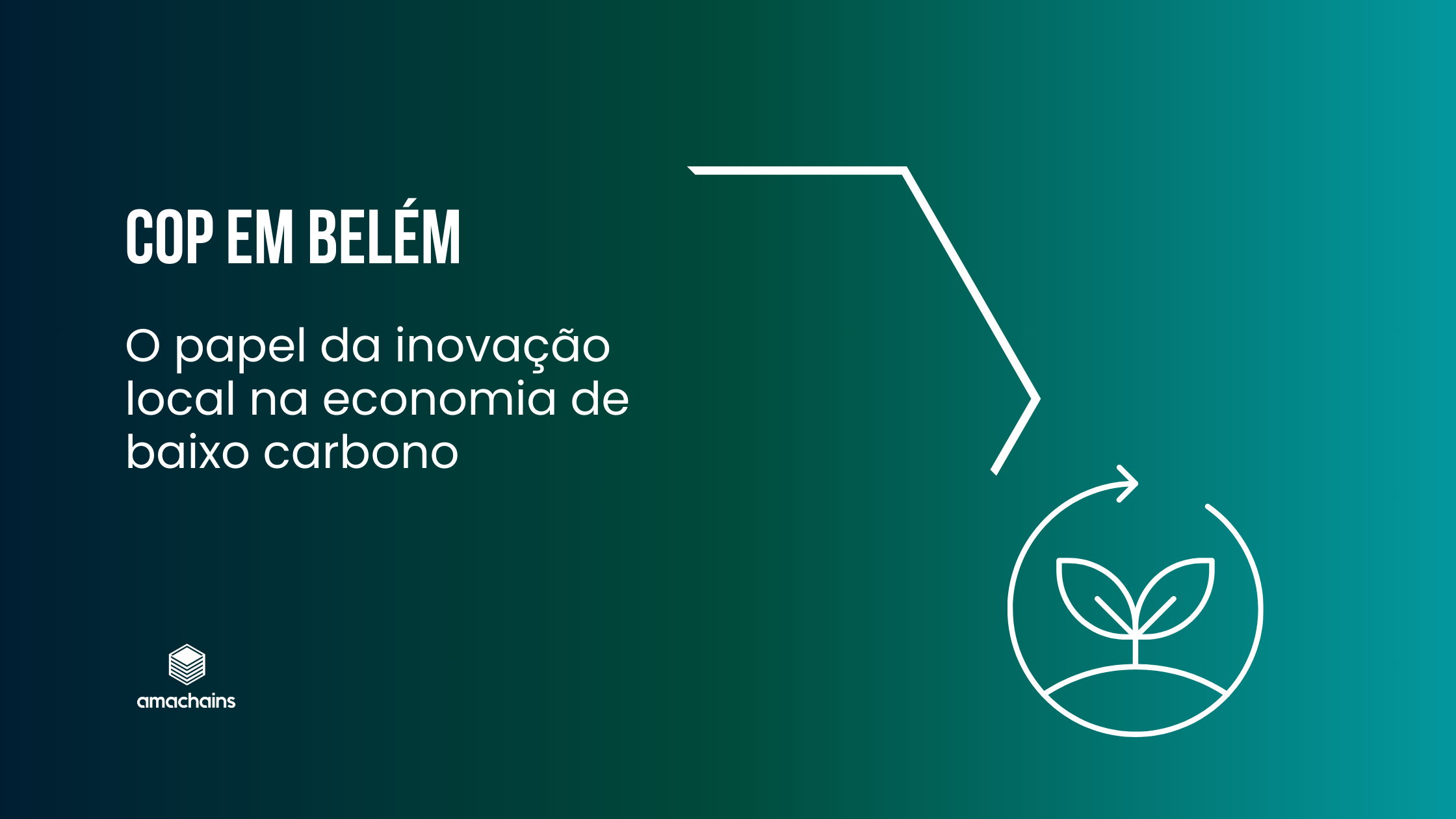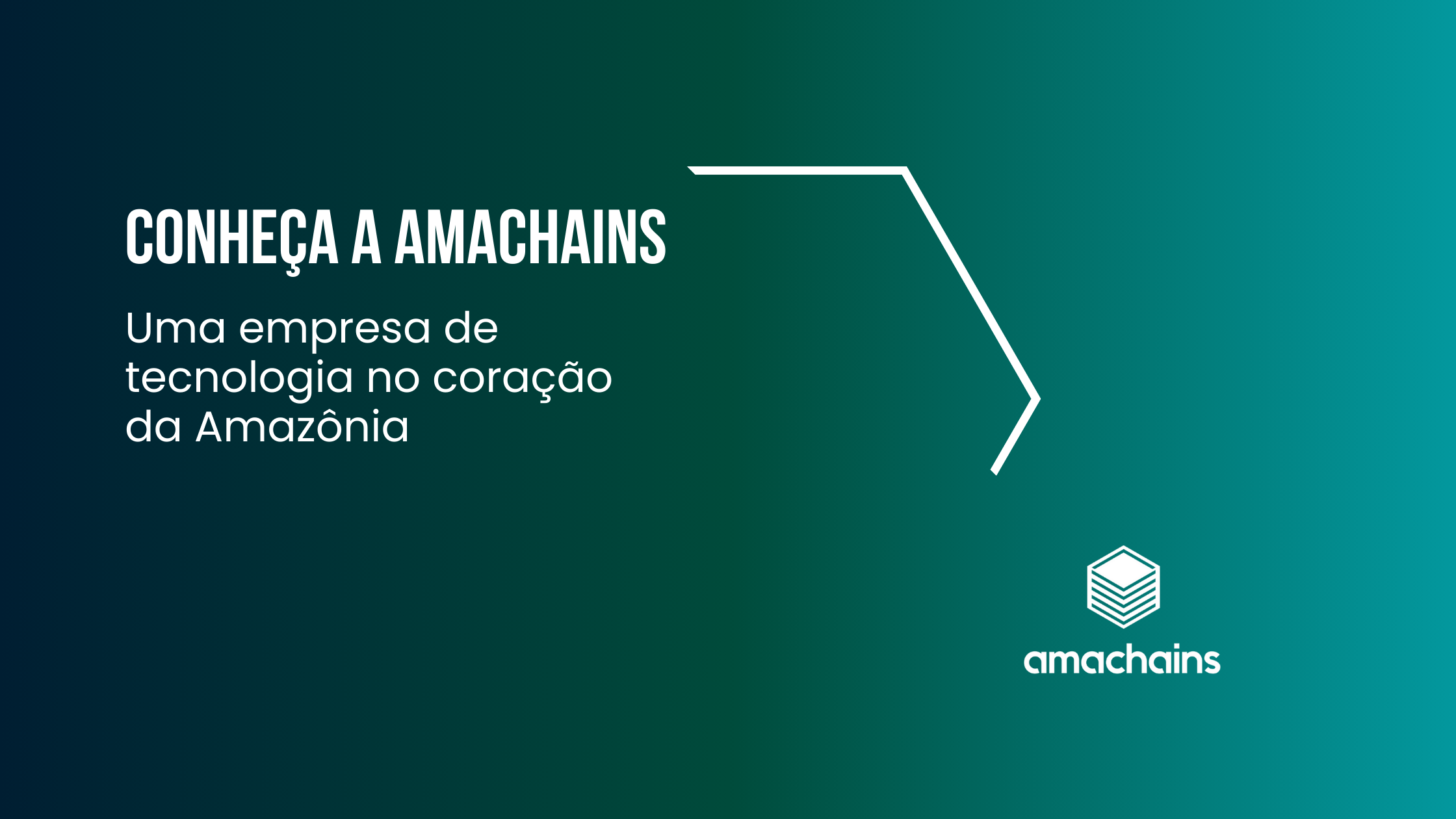The discussion on climate change is no longer a distant topic or restricted to experts. In a global scenario marked by extreme weather events, increasing regulatory pressures and increasingly conscious consumers, understanding and reducing carbon footprint has become a strategic imperative for companies across all industries. If your organization has not yet begun this process, now is the time.
Read more: Carbon footprint, understand what it is.
THE carbon footprint represents the total emissions of greenhouse gases (GHG) directly or indirectly associated with the activities of a company. These emissions are grouped into three categories:
- Scope 1: direct emissions from sources owned or controlled by the company (such as burning fuel in its own vehicles);
- Scope 2: indirect emissions related to the purchase of electricity;
- Scope 3: all other indirect emissions, such as transportation of goods, business travel and use of products sold.
Understanding your carbon footprint is the first step to managing environmental risks, identifying efficiency opportunities and preparing for a market that increasingly demands more climate transparency. Companies that master their emissions management are better prepared to act in the carbon market and obtain strategic advantages with the generation or acquisition of carbon credits.
In recent years, the climate crisis has gone from being a warning to a present reality. Heat waves, floods and extreme events have had a direct impact on the production chain, operational costs and market stability. Governments around the world are implementing stricter legislation, and carbon market has been consolidating itself as a central instrument in the transition to a low carbon economy.
For Brazilian companies, this represents both a challenge and an opportunity. The Brazil has potential to lead globally in this sector, especially with the advancement of national regulation and the growing international interest in projects decarbonization. To do this, you need to be prepared to measure, report and mitigate emissions with accuracy and reliability.
1. Regulatory pressures and legal risks
More and more countries are adopting legislation that requires emissions reporting and action plans. decarbonization. Anticipating these requirements can avoid sanctions and ensure a competitive advantage in the global market.
2. Access to sustainable finance
Institutional investors are prioritizing companies with clear and measurable environmental commitments. Demonstrating control over carbon footprint can open doors to green credit lines, ESG funds, and new investors.
3. Reputation and brand value
Consumers and business partners are paying close attention to companies’ stance on environmental issues. Efficient carbon footprint management reinforces brand credibility and attracts more engaged customers.
4. Operational efficiency
Mapping emissions allows you to identify bottlenecks, reduce waste and improve processes. Carbon reduction often goes hand in hand with cost reduction.
5. Preparing for the carbon market
With the regulation of carbon market in Brazil underway, companies that already measure and control their emissions will be ready to generate or acquire carbon credits more easily.
The journey begins with a clear understanding of the company’s emissions. This requires a structured approach, with tools that guarantee the data reliability and traceability of the processes. In this sense, technological solutions such as Amachains Carbon are strategic allies.
Using blockchain and artificial intelligence, the platform allows you to continuously map, measure and analyze your carbon footprint, generating valuable insights for mitigation and compensation decisions. By transforming complex data into strategic information, Amachains helps companies position themselves firmly in a changing market.
Ignoring your carbon footprint is no longer an option for companies that want to stay relevant, competitive and aligned with the challenges of the 21st century. Looking at emissions is not just an external requirement – it is a smart, strategic and responsible choice.
By taking the first step today, your company positions itself to lead tomorrow.








